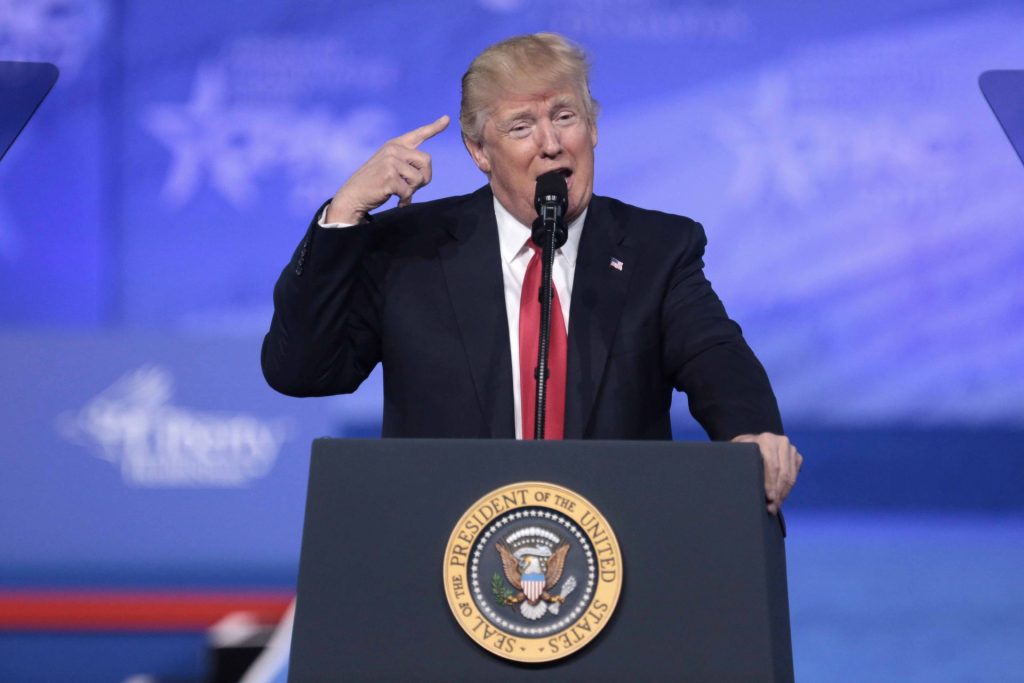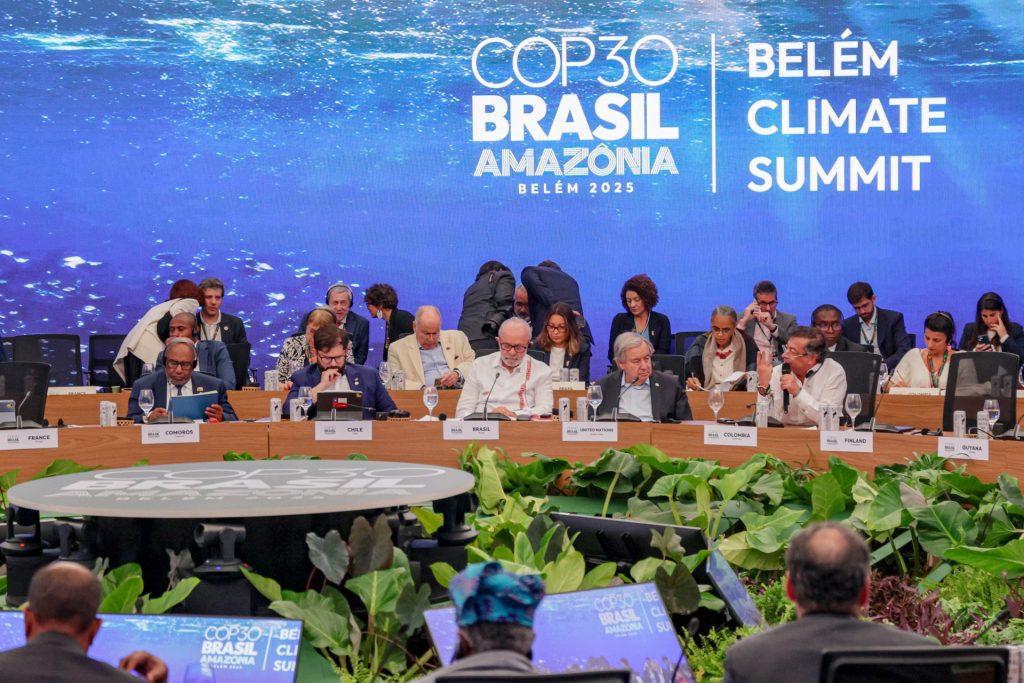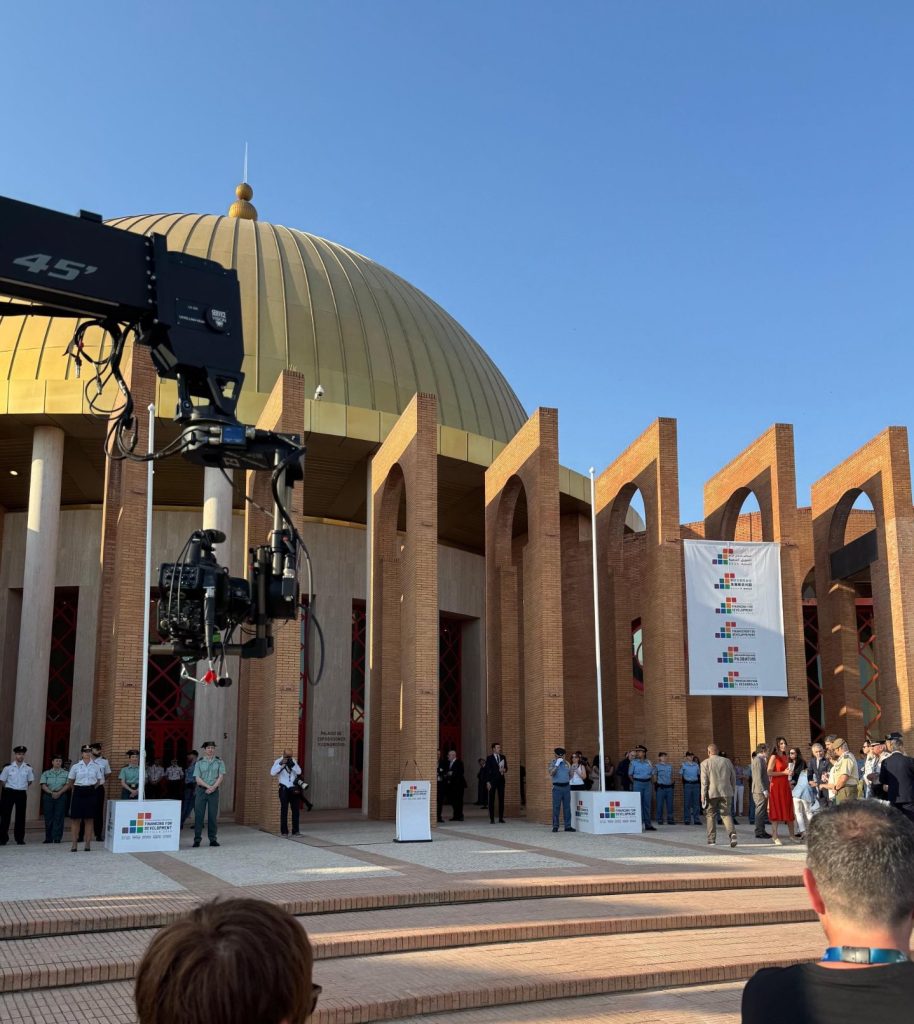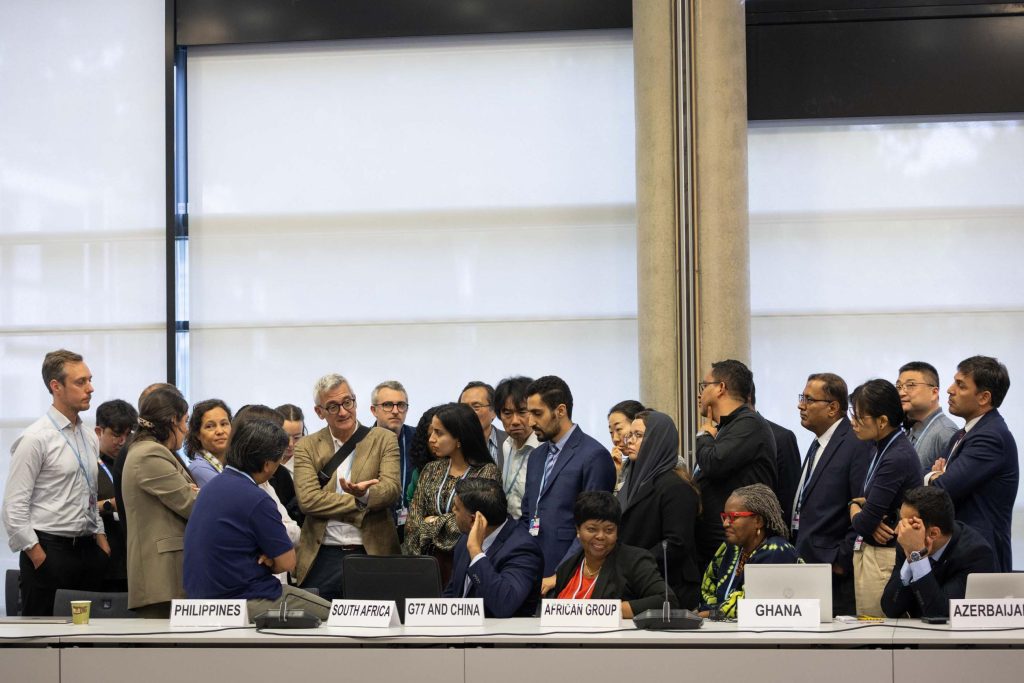According to Climate Home, a group of African governments have sought to prevent the United States (US) from co-chairing the Green Climate Fund (GCF), on the basis that it has failed to live up to its promise to deliver $2 billion in climate finance to the fund. Victoria Gunderson from the US Treasury was nominated by developed countries to chair the GCF to jointly lead negotiations during 2023, together with Mr Nauman Bhatti, a developing country representative. Reportedly these nominations usually progress without discussion.
The proposal, however, was formally objected to by Kenya’s representative Pacifica Ogola on behalf of African board members, arguing that the United Stated had only contributed $1 billion to the fund in its 12 year history. The amount pales in comparison to the $9 billion contributed by EU countries, and $3bn from Japan. Moreover, the US had never lived up to the pledge made by former President Obama to provide $2 billion, and subsequent US presidencies, including President Biden have failed to contribute a single dollar to date. Similarly, the US Congress did not earmark any finance for the GCF in the 2023 fiscal year budget, and this is likely to remain the case with a Republican majority in the House of Representatives
Climate Home reports that Ogola wrote to the GCF on 16 January to point out the failure of developed countries to provide sufficient finance to the GCF, calling for the better enforcement of commitments. She argued that approving Gunderson would “normalise the situation” of countries that failed to pay also holding decisions to ransom. Ultimately the departing co-chairs (Tlou Ramaru, South Africa and Mr. Jean-Christophe Donnellier, France) convinced African members to not veto the appointment, assuring them that the board would discuss their broader concerns.
The approach by the US to infiltrate the GCF, is not the first attempt the US has sought to exert its influence in decision making of global climate funds. At COP27 it tried to participate in negotiations on the Adaptation Fund, however South Africa objected, arguing that the US was not a party to the Kyoto Protocol under which the Adaptation Fund was originally established. At the time, the US only had observer status to the fund’s negotiations. The US objected pointing out that the Adaptation Fund was in transition. Ultimately UNFCCC legal counsel was called to resolve the deadlock. They provided an opinion stating that the US should not participate, leading to the US representative walking out of the room in protest. At the end of COP27 it was agreed that parties to the Paris Agreement could also become members of the board of the Adaptation Fund, thus opening up US participation to this Fund as well.
It is unfortunate that the US will remain a co-chair of the GCF board this year given its historic inability to live up to its climate finance pledges as well as the urgent need for reform within the fund itself. Calls for the GCF to urgently align its approach to climate finance were made loudly at COP26 and again last year in COP27, where the agreed text focused on the need for the GCF to simplify access procedures to resources. The Sharm el Sheikh Implementation Plan also called on developed countries to provide resources for the GCF’s second replenishment and for these amounts to be higher than previous amounts.
Lastly various decision texts called on the need for the GCF Board to ensure a balance between adaptation and mitigation finance, to support developing countries with project pipelines and proposals, and enhance support for just transitions. This is a tall order on the GCF board and requires willingness, appetite and leadership by its co-chairs. Clearly, a co-chair, such as the US, that itself is one of the primary causes of inadequate replenishments to the fund, is poorly positioned to take on this role.





